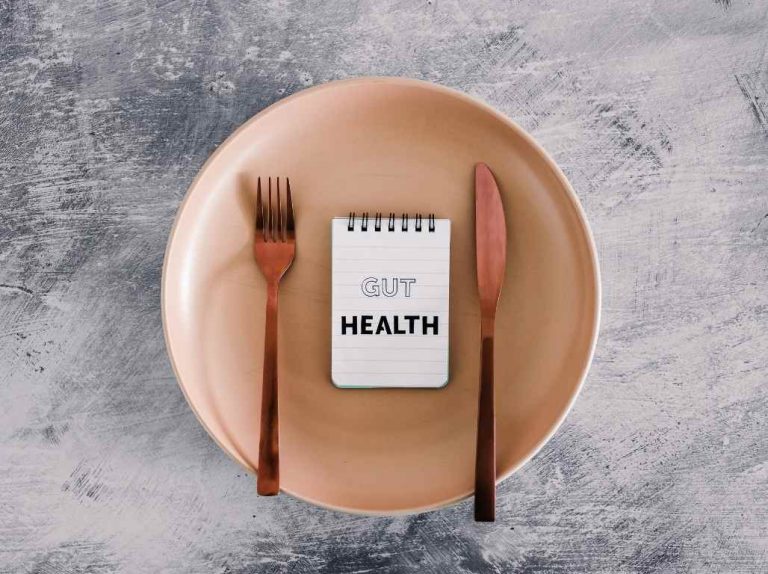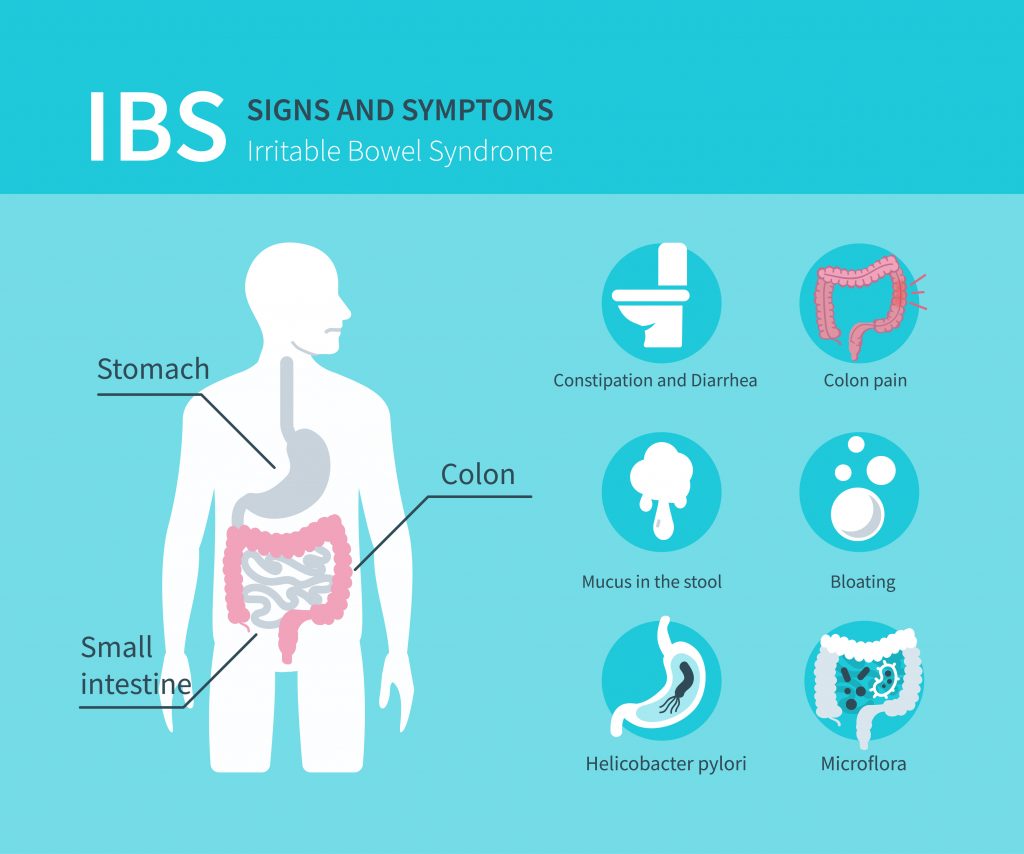You’ve Heard The Term Irritable Bowel Syndrome Or IBS: Can You Identify It?
Digestive health is not something we talk much about, so you may not know if you have Irritable bowel syndrome or just pain from poor diet. Have you wondered what are normal functions and what symptoms may signal a problem that needs a doctor’s diagnosis? Maybe everyone in your family has belly pain and bloating. IBS is not curable but can be managed with some lifestyle changes and a doctor’s treatment. What is it and what can you do about it?
What Is Irritable Bowel Syndrome
Irritable bowel syndrome (IBS) is a common disorder that affects the large intestine. Signs and symptoms include cramping, abdominal pain, bloating, gas, and diarrhea or constipation, or both. IBS is a chronic condition that you’ll need to manage long term.
Only a small number of people with IBS have severe signs and symptoms. Some people can control their symptoms by managing diet, lifestyle and stress. More-severe symptoms can be treated with medication and counseling.
IBS doesn’t cause changes in bowel tissue or increase your risk of colorectal cancer. Mayo Clinic
Your Digestive Health Matters. Get Diagnosed.
Pain is debilitating. Digestive pain can be embarrassing, too. When something in your body is causing constant, or even intermittent pain, go to a doctor. Only a doctor can diagnose what’s going on inside and give you the right treatment. IBS is embarrassing, but dealing with it can bring relief. Lifestyle changes include understanding your diet and what causes IBS flareups.
Foods That Trigger IBS Constipation
- Breads and cereals made with refined (not whole) grains
- Processed foods such as chips and cookies
- Coffee, carbonated drinks, and alcohol
- High-protein diets: animal fat from meat and butter
- Dairy products, especially cheese
Better Diet Choices for Constipation:
- Gradually boost your fiber intake by 2 to 3 grams per day until you’re eating 25 (for women) or 38 (for men) grams per day. Good sources include whole-grain bread and cereals, beans, fruits, and vegetables.
- Eat a moderate amount of foods that are higher in the sugar substitute sorbitol, such as dried plums and prune juice.
- Drink plenty of plain water every day.
Foods That Trigger IBS Diarrhea
- Too much fiber, especially the insoluble kind you get in the skin of fruits and vegetables
- Food and drinks with chocolate, alcohol, caffeine, fructose, or sorbitol
- Carbonated drinks
- Large meals
- Fried and fatty foods
- Dairy products, especially in people who can’t digest the milk sugar lactose, called lactose intolerance
- Foods with wheat for people who are allergic to or have a bad reaction to gluten.
To ease symptoms of bloating and gas, try to avoid gassy foods such as beans, Brussels sprouts, wheat germ, raisins, and celery.
Stress and Anxiety Also Trigger IBS
Stress and anxiety can make IBS symptoms worse. Worries can come from a lot of sources, including:
- Work
- Your commute
- Problems at home
- Money problems
- A sense that things are out of your control
How to Manage Stress:
- Choose healthy habits. Eat a well-balanced diet that works for your IBS. Get regular exercise and enough sleep.
- Do something fun as often as you can. Listen to music, read, shop, or take a walk.
- Learn better ways to calm down with behavioral therapy. There are a few types: relaxation therapy, biofeedback, hypnotherapy, cognitive behavioral therapy, and psychotherapy.
- If you feel comfortable, talk to family members, close friends, your boss, or co-workers about your IBS. When they know what’s going on, they can support you and better understand how it affects you.
Medications for IBS
LINZESS® (linaclotide) is a prescription medication used in adults to treat irritable bowel syndrome with constipation (IBS‑C) and chronic idiopathic constipation (CIC). “Idiopathic” means the cause of the constipation is unknown.
Eluxadoline (Viberzi): This signals your nervous system to help stop bowel spasms. It can also ease belly cramps and diarrhea. You take it twice a day with food. It works best if you take it regularly for as long as your doctor feels is needed.
Rifaximin (Xifaxan): Though it’s not clear what causes IBS-D, some experts believe the culprit may be too much bacteria in the small intestine. Rifaximin is an antibiotic that changes the amount of bacteria in your intestines. It was approved by the FDA in 2015 to treat IBS-D. It can help with both stomach pain and diarrhea. You take pills for 2 weeks. It can control symptoms for as long as 6 months. If they come back, you can be treated again.
If you love ROR content:
Check out 100
Tips For Growing Up
Follow us on Instagram
Like us on Facebook
Comment on our posts






















